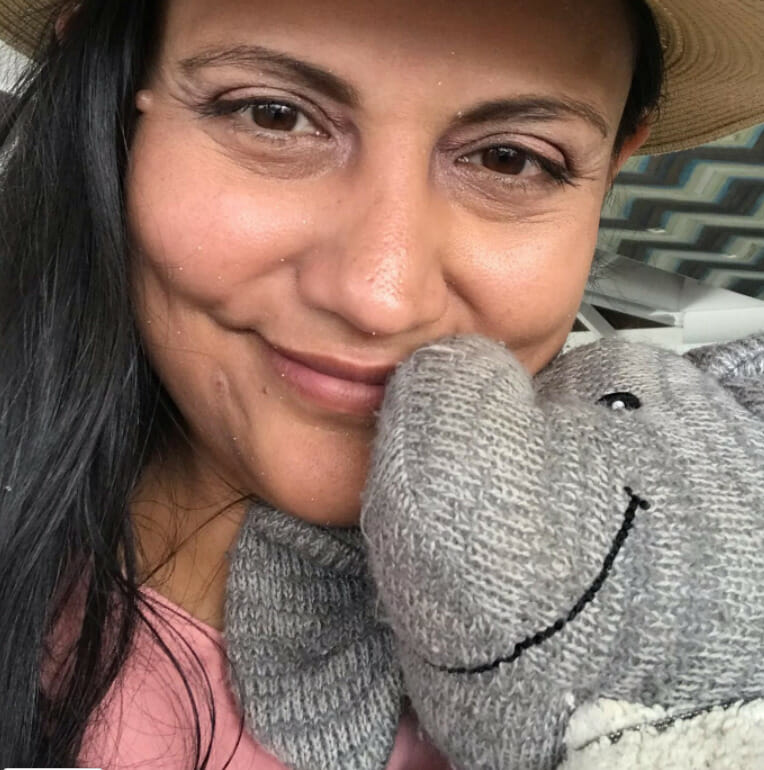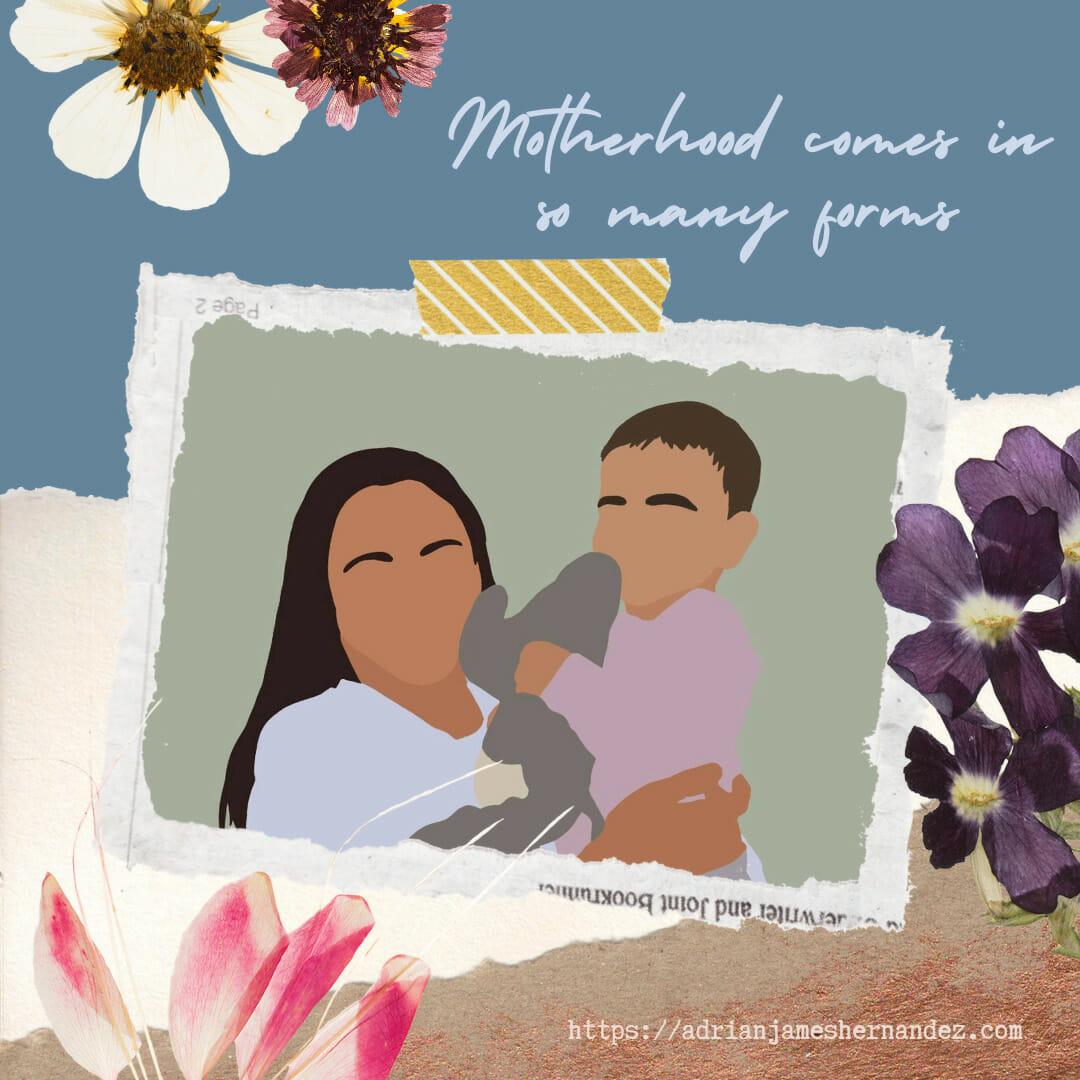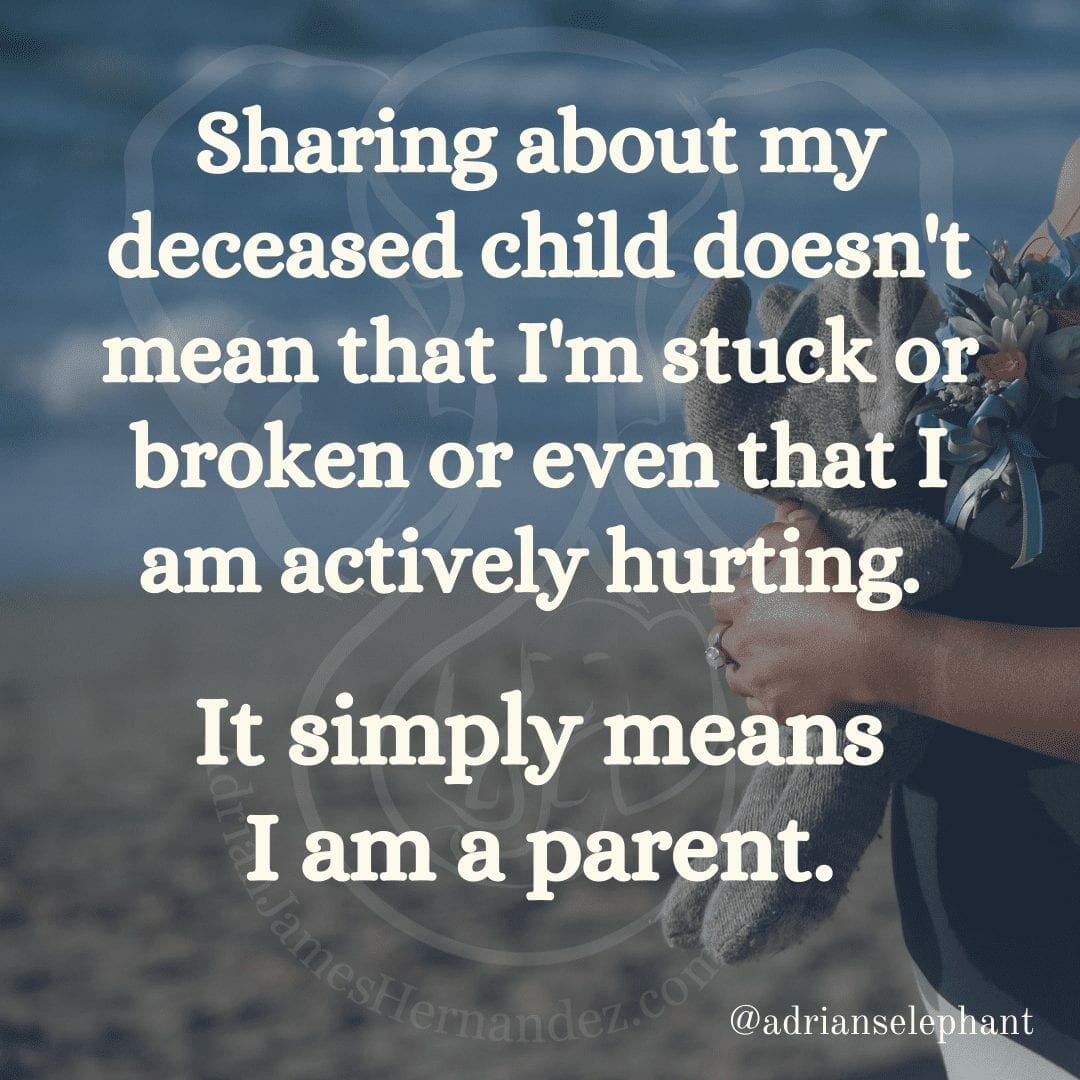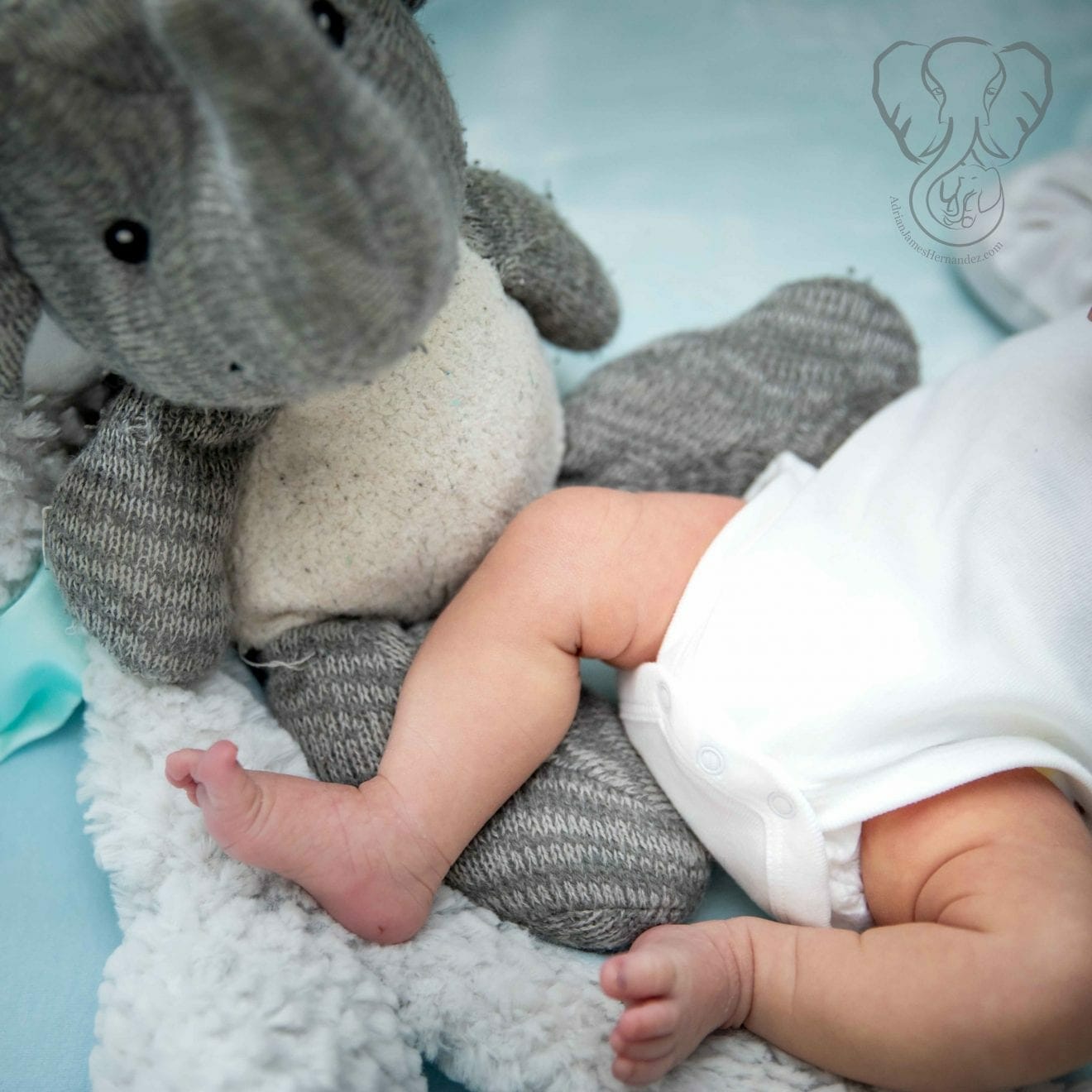When my son Adrian died, more than four years ago, my entire life changed. Death has a way of doing that to people, especially the death of someone so close. And as a formerly uber-positive person, one of the things I never would have anticipated is that my grief over Adrian’s death would make me suicidal.
I used to believe suicide was cowardly. I used to believe a lot of things about suicide that I now know to be untrue. This is a compilation of things I’ve learned over the years about suicide:
1. It’s important to talk about suicide
Suicide is often treated as a taboo subject; something we don’t talk about. There is also a misconception that if you use the word, “suicide,” then you are “planting a seed” and you might cause someone to consider taking their life. This is not true.
Instead, it is important to talk about suicide, and to acknowledge it is something that happens in our world. When I was pregnant with Adrian, one of my former coworkers died by suicide, and I am so thankful today that I chose to talk about it. It was my way of parenting my son before he was even born. These conversations may be difficult, but that only makes them more worthwhile.
Read: Letter to Adrian #009; 33w2d
2. You can’t run away from suicidal feelings
When I was experiencing suicidal feelings, one of the most common things people said to me was not to think about it; to focus on something better. This is not helpful. It also doesn’t work.
Shortly after Adrian’s death and in a fit of impulsivity, I booked a cruise. I thought if I could just get away from the heavy feelings, everything would get easier. It didn’t work though. The only thing that happened was that I found myself grieving in a more beautiful place. And every night, when the sleeplessness would get to me, I would stand up by the open balcony doorway, and wonder what it would be like to jump.
Read: Letter to Adrian #027; Mon, Aug 14, 2017 at 12:15 PM
3. Sometimes suicide is less about wanting to die than it is about not wanting to live
One of the misconceptions I previously had had about suicide was that it was solely a desire to die. One of the things I learned when I was feeling suicidal is that I didn’t necessarily want to die myself. What I wanted was a way to stop or rewind time; a way to stop feeling the pain of life. It felt, to me, like existence in limbo.
Read: Letter #032; Mon, Sep 18, 2017 at 9:24 PM
4. Regardless of support systems and help, suicide is always an individual choice
When I came home from the hospital after Adrian’s death, my sister sat me down at the dining room table and told me that she loved me. She also told me how sad she would be if I died. And as much as I appreciated her care, it also hurt. It was an added layer of expectations. It was an added layer of pain.
I had support systems after Adrian’s death. I had professionals to talk to, and friends and family who cared. I had everything possible that someone could “need”…except for my son. And when you are living without someone so important in your life, it’s hard to find solace in the things that are remaining. And while ultimately I did choose to live, I think it’s important to understand that some people are going to make different decisions. And as painful as that may be, you can’t make those decisions for them.
Read: Write Your Grief: Choice
5. Getting help is a choice, too
Shortly before what would have been Adrian’s first birthday, I wrote a long piece about my personal experience with feeling suicidal and losing people to suicide. At the time, I thought I was finally okay (I wasn’t). But I was definitely trying. And while I included a list of things in the piece that had helped me, one of the most important caveats was that these things were also a choice. Because you can offer all the help and resources in the world, but you can’t force someone to accept them. Only they can do that.
Read: Miranda’s Story: Suicidal Feelings After the Death of my Child
6. Feeling suicidal isn’t always a one-time situation
Only days after Adrian’s first birthday celebration, I found myself again in the darkest place. Complicated by starting and then abruptly stopping dating, I also felt unexpectedly heavy emotions following what I had thought might be a milestone of healing. And so I went from Adrian’s birthday and the launch of this site to bawling on my couch and barely finding strength to eat. It was a hard thing to recognize that I was in the Dark all over again.
I tried this time, though. I wanted to be okay. I wanted to find myself and my strength and I wanted Adrian to be a big brother. And everything was still so hard. I wrote the below piece during this time, and I will forever be thankful for the ones who listened.
Read: Write Your Grief: A Letter from the In-Between
7. People have different perspectives on the subject of suicide and suicide prevention; What matters most is not who’s “right,” but what’s effective for each individual situation
When I finally clawed my way out of the darkness, I realized I wanted to do more about suicide prevention. I had a story to tell, and it was important to me. One of the things I realized when I got active in this space, though, is that my opinions ran a little different than the norm.
Read: Awareness Isn’t Enough – Preventing Suicide Starts with Understanding
I don’t think it’s bad to be different though. As I’ve seen over the years, different people are going to respond better to different stimuli. So as I state in the above piece, what really matters is not being right, but being effective. And I think that goes for a lot of things.
~
I haven’t written any big pieces on suicide awareness or prevention in the past two years. I did create an in-person presentation, which I had the opportunity to give three times before and (virtually) during the COVID shutdown. It’s something I would also eventually like to record.
But mostly, I think it’s just important to talk about suicide. Because it’s real, and it’s misunderstood, and suicidal feelings can happen to any of us. But if we talk about it, maybe more of use will feel better equipped to find what we need.








































































































































































